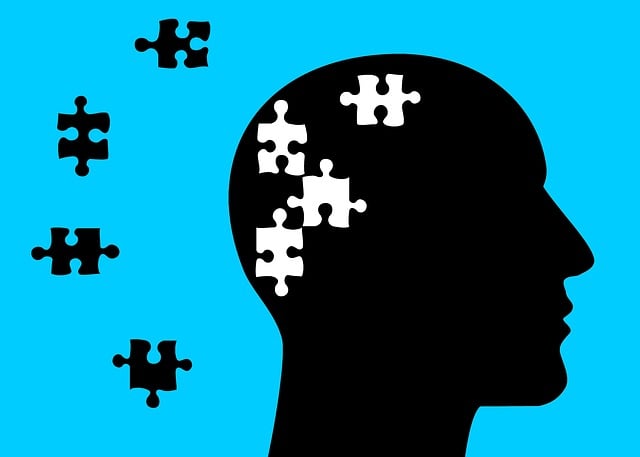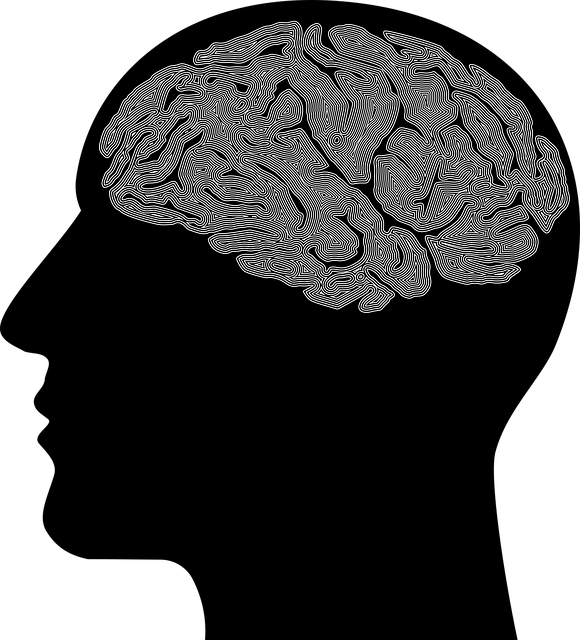Recognizing depression in children requires vigilance from parents and caregivers due to unique symptom expressions. Early indicators include persistent sadness, irritability, social withdrawal, changes in appetite/sleep, and academic difficulties. Consulting child psychologists through psychological testing offers valuable insights for diagnosis and tailored CBT or other therapeutic approaches. Cultural sensitivity is crucial for effective treatment. Proactive measures like specialized therapy, lifestyle changes (exercise, healthy eating, sleep), building support networks, and professional help (psychological testing, Stress Management) prevent depressive disorders in youth.
Depression among children and adolescents is a growing concern, yet preventable with proactive strategies. This comprehensive guide explores key areas in depression prevention, from recognizing early signs and symptoms to evidence-based therapy approaches like Cognitive Behavioral Therapy (CBT). We delve into the importance of psychological testing for assessing risk factors and planning targeted interventions. Additionally, we highlight the role of lifestyle changes and building resilient support networks in safeguarding young minds.
- Recognizing Depression in Children: Early Signs and Symptoms
- Therapy Approaches for Youth: Cognitive Behavioral Therapy (CBT) and Beyond
- Psychological Testing: Assessing Risk Factors and Planning Interventions
- Building Resilience: Lifestyle Changes and Support Networks for Prevention
Recognizing Depression in Children: Early Signs and Symptoms

Recognizing depression in children can be challenging since its symptoms often manifest differently compared to adults. Early signs may include persistent sadness, irritability, or withdrawal from social activities that were once enjoyed. Children might also experience changes in appetite and sleep patterns, and they could become easily frustrated or have difficulty concentrating at school. It’s crucial for parents and caregivers to pay close attention to these subtle shifts in behavior.
If concerns arise, consulting a child psychologist or mental health professional through psychological testing can provide valuable insights. These experts can assess a child’s emotional well-being, identify potential depression, and offer tailored therapy for children. By addressing depression early, we can implement effective strategies for burnout prevention and promote overall depression prevention in young individuals.
Therapy Approaches for Youth: Cognitive Behavioral Therapy (CBT) and Beyond

Depression among youth is a growing concern, making effective therapy approaches crucial. One well-established method is Cognitive Behavioral Therapy (CBT), which focuses on identifying and changing negative thought patterns and behaviors. CBT equips young individuals with valuable tools to manage their mental health proactively. By teaching them to challenge distorted thinking, this therapy helps restore a more balanced perspective, thereby reducing symptoms of depression.
Beyond CBT, other therapeutic approaches cater to diverse needs. Interpersonal therapy, for instance, addresses relationship issues that may contribute to depressive episodes. Additionally, integrating resilience-building techniques and promoting emotional intelligence can empower youth to navigate life’s challenges with greater adaptability and self-awareness. Cultural sensitivity in mental healthcare practice is also essential, ensuring that therapies are tailored to respect and incorporate each individual’s cultural context. Psychological testing plays a vital role in assessing these factors and tailoring treatment plans accordingly.
Psychological Testing: Assessing Risk Factors and Planning Interventions

Psychological testing plays a pivotal role in depression prevention by providing insights into an individual’s risk factors and emotional landscape. Through various assessment tools, professionals can identify early warning signs, such as persistent sadness, changes in appetite or sleep patterns, and difficulty concentrating—all of which are potential indicators of depressive disorders. This process allows for targeted interventions and tailored support plans.
For children, who may struggle to articulate their feelings, specialized therapy coupled with psychological testing offers a lifeline. It enables mental health professionals to evaluate emotional regulation skills, self-care practices, and communication strategies, ensuring that any emerging issues are addressed proactively. By integrating these assessments into therapeutic approaches, such as cognitive-behavioral therapy, healthcare providers can foster resilience, enhance coping mechanisms, and ultimately prevent the onset or escalation of depression in young individuals.
Building Resilience: Lifestyle Changes and Support Networks for Prevention

Building resilience is a cornerstone of depression prevention, especially for children. Lifestyle changes play a significant role in fostering mental well-being. Encouraging regular physical activity, healthy eating habits, and adequate sleep can significantly boost a child’s ability to cope with stress and maintain emotional balance. These simple yet powerful tools provide a solid foundation for mental health, as they support the development of healthy coping mechanisms from an early age.
Furthermore, establishing and nurturing support networks is vital. Strong social connections act as a buffer against depression by offering a sense of belonging and security. Encouraging open communication and seeking professional help, such as therapy tailored for children or psychological testing, can be life-changing. Mental Health Policy Analysis and Advocacy play a crucial role in ensuring accessible resources for emotional healing processes, including Stress Management techniques, which are essential tools to prevent depression and promote overall well-being.
In tackling depression prevention, a multi-faceted approach is key. From recognizing early signs in children to implementing evidence-based therapy like Cognitive Behavioral Therapy (CBT), and leveraging psychological testing to assess risk factors, each strategy plays a vital role. Building resilience through lifestyle changes and fostering strong support networks can serve as powerful tools in mitigating risks and promoting mental wellness among young individuals. By combining these methods, we can effectively navigate the complex landscape of depression prevention and enhance the well-being of our children.













